The newly appointed Director of the Institute for Rural Development and Innovation Studies (IRDIS), under the College of Agriculture and Natural Resources, Prof. Ebenezer Owusu-Addo, has held a meeting with his staff shortly after assuming office.
The purpose of the meeting was to outline his strategic direction for achieving IRDIS’ vision and to engage staff in a shared commitment toward strengthening the institute’s mandate.
In his address, he underscored the need for every activity to reflect the institute’s core mission, calling on staff to rally their efforts behind the renewed vision.
“Every action, every step that you take must contribute to the attainment of the vision and the mission of the organization. What that means is that anything we are doing that does not contribute to advancing sustainable and inclusive rural development is a wasted effort,” he said.
“We seek to work with and for people living in rural areas to help them navigate the challenges they face and harness available opportunities for a prosperous future. We do this through transformative and impactful research, teaching, and extension services in collaboration with development partners,” he added.
He stressed that, to remain relevant and impactful, IRDIS must position itself as a leader in rural development scholarship and innovation.
“To effectively develop rural areas, there is a need to produce the right mix of professionals with the appropriate set of skills in rural development theory and practice. There is increased demand for innovative research, education, and training in rural development across Africa.
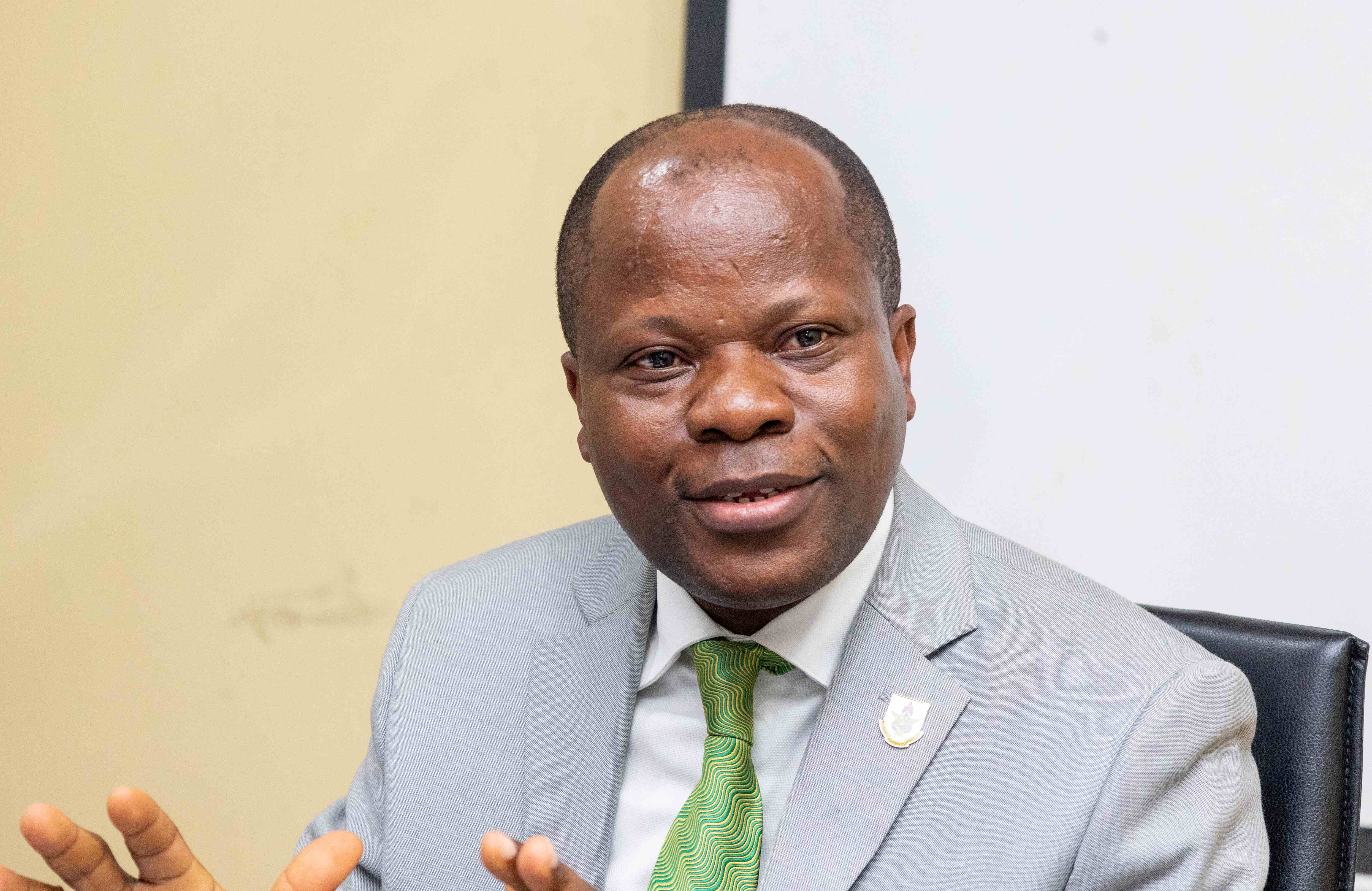
Sadly, he noted, “On the continent, there is only one institution, the University of Venda’s Institute for Rural Development, whose mandate focuses on rural development studies. Then I sit and reflect: what can we do to make it attractive and marketable?”
He further explained that IRDIS is placing renewed emphasis on deepening its impact within its catchment communities.
“We are strengthening and expanding our engagement with rural communities. Our name, the Institute for Rural Development and Innovation Studies, calls us to explore what innovations we can introduce in professional development, student training, and research,” he remarked.
Addressing the critical need for capacity building, he emphasized that, for rural areas to develop effectively, the institute must focus on producing professionals who are well-equipped with the necessary skills in rural development theory and practice
He encouraged staff to cultivate leadership skills at every level, urging them to be intentional about personal growth and to prepare themselves for future leadership roles within the institute and beyond.

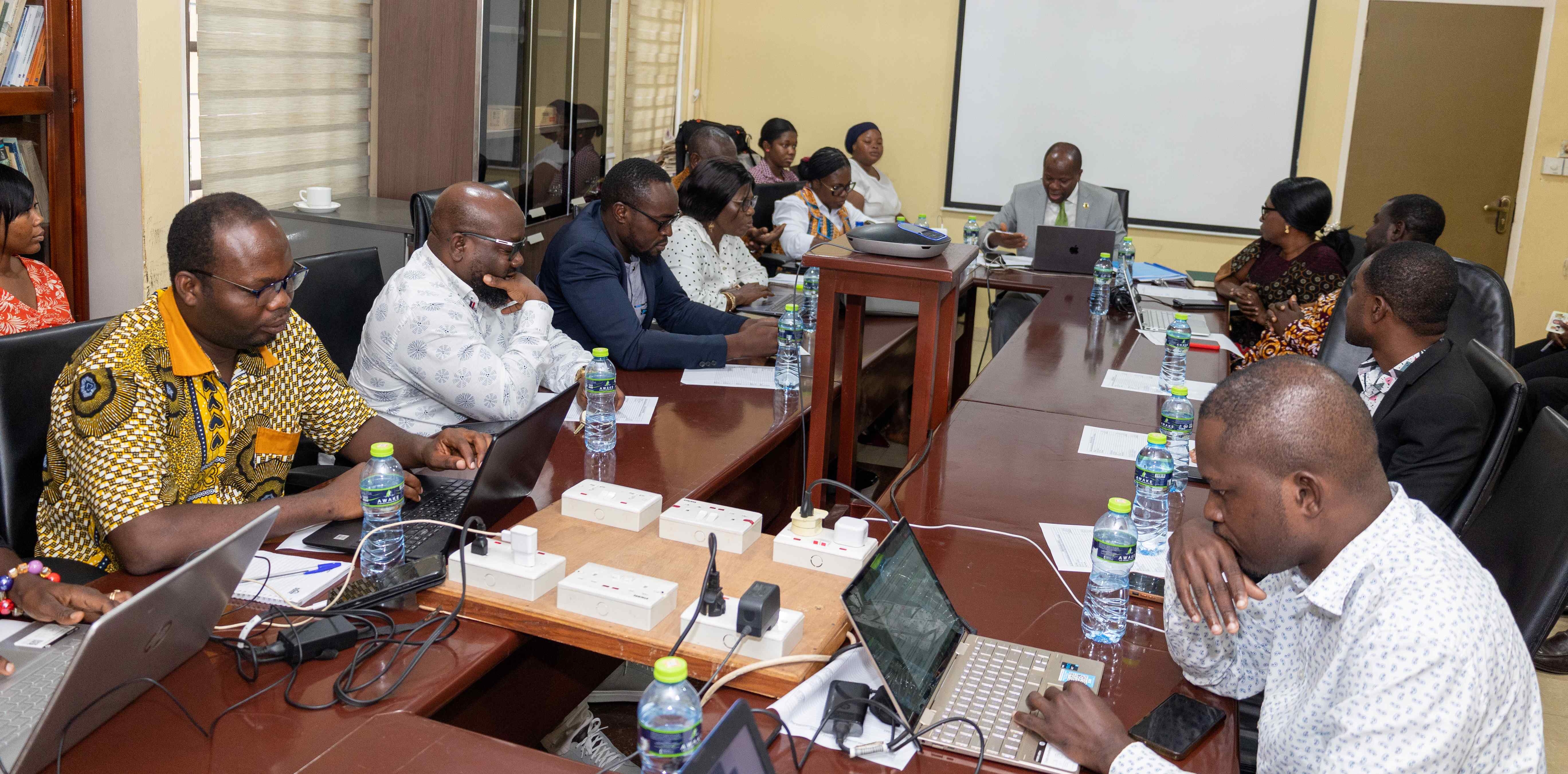
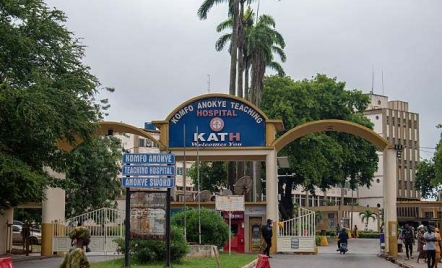
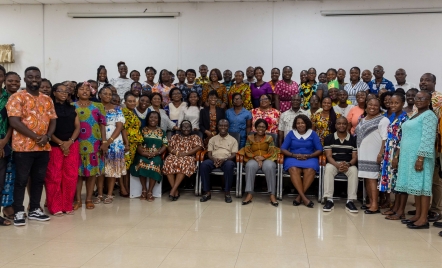

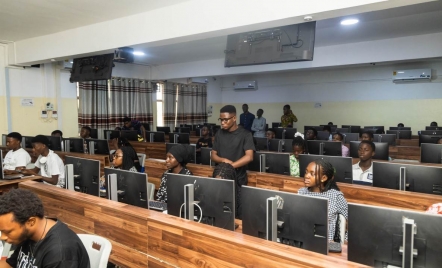
Comments